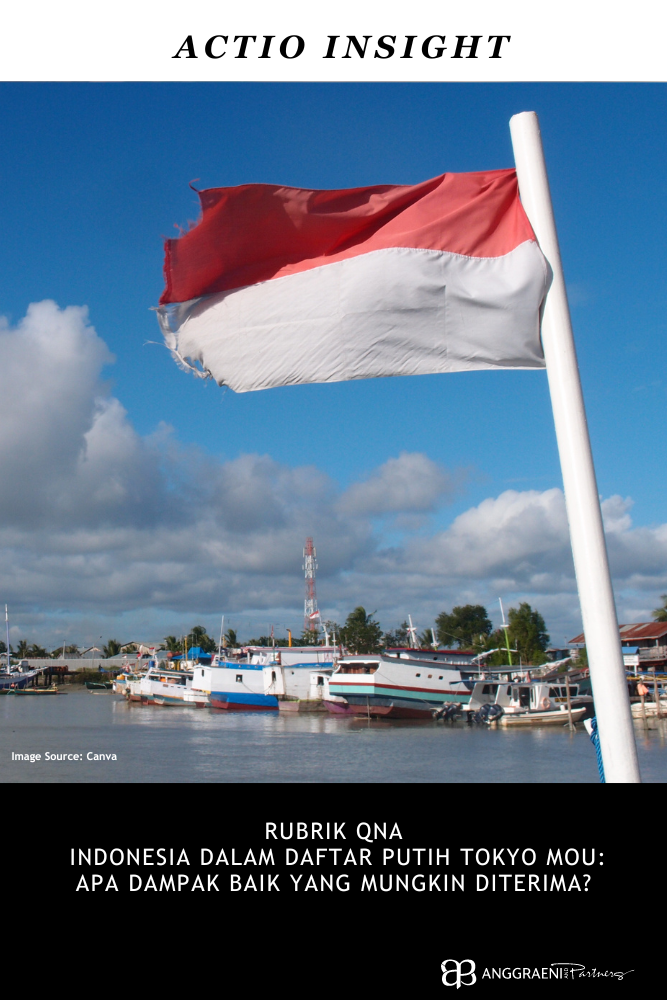- Home
- Capabilities
- ACTIO® Hub
- About Us
- Connect with Us
- AP Library
Based on the freedom of contract, the parties are allowed to determine events that can be categorized as force majeure. However by convention, past use and habit, events that are categorized as force majeure are usually related to natural and social events, for example: earthquakes, floods, hurricanes, and civil wars. In Indonesia, events related to the economy and commercial considerations are categorized as hardship. In Indonesia, economic-related events are categorized as force majeure, including the monetary crisis based on Decision No. 3087K/Pdt/2001, and economic crisis based on Decision No. 285PK/ Pdt/2010). These cases are dealt with my colleague in an article published in Actio 13.
Is economic hardship an accepted doctrine in Indonesia? Unlike force majeure that has been expressly regulated in the provisions of Article 1244, 1245, 1444 and 1445 of the Indonesian Civil Code, hardship has yet to be regulated and in cases where hardship-related cases occur, the judge generally will decide based on the interpretation of force majeure. The hardship clause is usually used to overcome the absence of an expressed force majeure clause that does not cover commercial hardship. The rules on hardship stipulate that if the implementation of the contract becomes more difficult for one of the parties, the party is somehow bound to carry out the engagement subject to the provisions of the hardship.1
Clearly, this sets up a degree of uncertainty as to what amounts to hardship, allowing one party to be excused from the legal consequences of a breach. This uncertainty can be mitigated by inserting a force majeure clause or hardship clause in a commercial contract based on clear objective criteria based on its characteristics. This would go a long way to remove some doubt as to whether an intervening event has occured which should allow Parties to partially or fully escape their contract obligations.
Force majeure and hardship have the following similarities and differences: The similarities between hardship and force majeure are:2
a. There is an event that prevents the performance of obligation by one of the parties (debtor);
b. The events occur unexpectedly at the time of formation of the contract;
c. The event was not caused by one of the partie’s mistakes
There are several important differences between force majeure and hardship including : In a Force majeure situation, then:
a. the contract will be deemed expired (except for partial force majeure, there is an obligation to continue the remaining part), referring to Article 1381 of the Civil Code, force majeure is one of the reasons that caused the abolition of the agreement.
b. The debtor is no longer deemed liable for the risk.
In hardships, events that impede the fulfillment of obligation focus on events that fundamentally change the balance of contract, either because of inflated implementation costs or because of the change of implementation value received:
a. Has caused significant change which will cause irreversible losses to the other parties;
b. If proven, the contract does not expire but might be renegotiated by the parties for the continuance;
c. In the event renegotiation fails then the dispute will be brought before the court for adjudication;
d. The Judge may decide to terminate or revise the contract in order to restore the proportional balance.3
The legal ramifications of the similiarities and differences should be clearly spealt out during contract negotiation to minimise uncertainty.
Based on the similarities and differences in characteristics between force majeure and hardship mentioned above, then from the perspective of commercial contracts, hardship is seen as more of the flexible and accommodating to provide a way out when disputes arise.
However, despite its recognition by the Court, current business practices in Indonesia have yet to implement the hardship doctrine, as proven by a lack of precedents of having such provisions written into standard boilerplate contracts.
A workable compromise would be to include language dealing with hardship within expressed force majeure clauses. The inclusion of hardship clauses in contracts, especially for long-term contracts with very large investment values, is important to overcome difficulties in dealing with this emerging doctrine of hardship. Dramatic fluctuations in oil, commodities and labour prices are fundamental to long term viability of business organisations. It may be time for lawyers to advise clients of these risks rather than to leave it to the vaguaries of the Court system.
Ultimately, the existence of hardship or force majeure clauses in the contract depend on the language used and the substance of these clauses which will have to provide a flexible space for the possibility of circumstances that will fundamentally affect the balance of the contract in its implementation. HWO/ALH/HES


